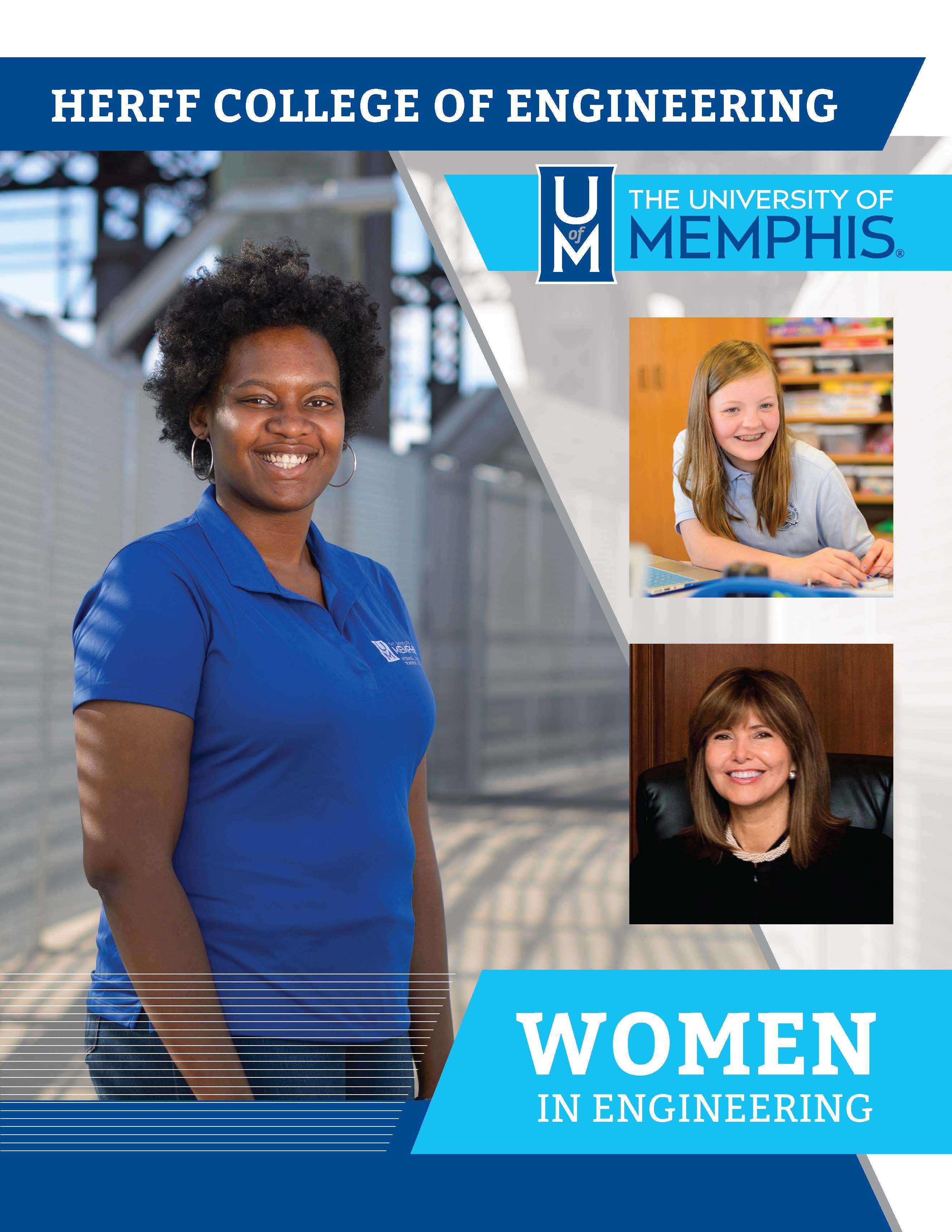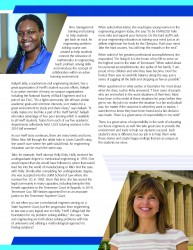Excerpt from University of Memphis Herff College of Engineering magazine...
Take, for example, Herff alumna Holly Kirby. Holly received her undergraduate degree in mechanical engineering in 1979. One would expect that she would have followed a career that would lead her into the world of manufacturing or R&D. Not the case with Holly. Shortly after completing her undergraduate degree, she was accepted into the UofM School of Law where she received her J.D. in 1982. Since that time, she has served the legal community in many capacities, including being the first female appointee to the Tennessee Court of Appeals. In 2014, Tennessee Gov. Bill Haslam appointed her as an associate justice on the Tennessee Supreme Court.
It’s not often you see a mechanical engineer serving on a State Supreme Court, but the progression from engineering to law was a very logical one to Holly. “Herff College laid the foundation for my problem solving abilities,” she says. “Law and engineering are both about solving problems with lots of unknowns and utilizing a methodological approach to finding solutions.”
When asked what advice she would give young women in the engineering program today, she says “to be FEARLESS! Take more risks and expand your horizons. Do the hard stuff! Look at your engineering education as training your mind just as an athlete might train her body for the Olympics. Push your mind. Take the hard courses. You will reap the rewards in the end.” When asked of her greatest professional accomplishment, she responded, “I’m living it! It is the honor of my life to serve on the highest court in the state of Tennessee.”
When asked about her personal accomplishments, she spoke of her family. “I am proud of my children and who they have become. Don’t be fooled, there was no work-life balance along the way, just a series of juggling all the balls and dropping as few as possible.” When questioned on what excites or fascinates her most about what she does, Justice Kirby answered, “I hear cases of people who are enmeshed in the worst situations of their lives. Most have been in the midst of these situations for years before they get to me. My job is to resolve the situation in a fair and judicial way. No matter if the outcome is what they want or expect, I want them to know they have been heard and a fair decision was made. There is a great sense of responsibility in my work.”
There is a great sense of responsibility in the work of educating our future engineers as well. We take great care to provide the environment and tools to help our students succeed. Each student’s story is different, but our job is to help them write those stories and create happy endings that are as unique as the students we serve.




